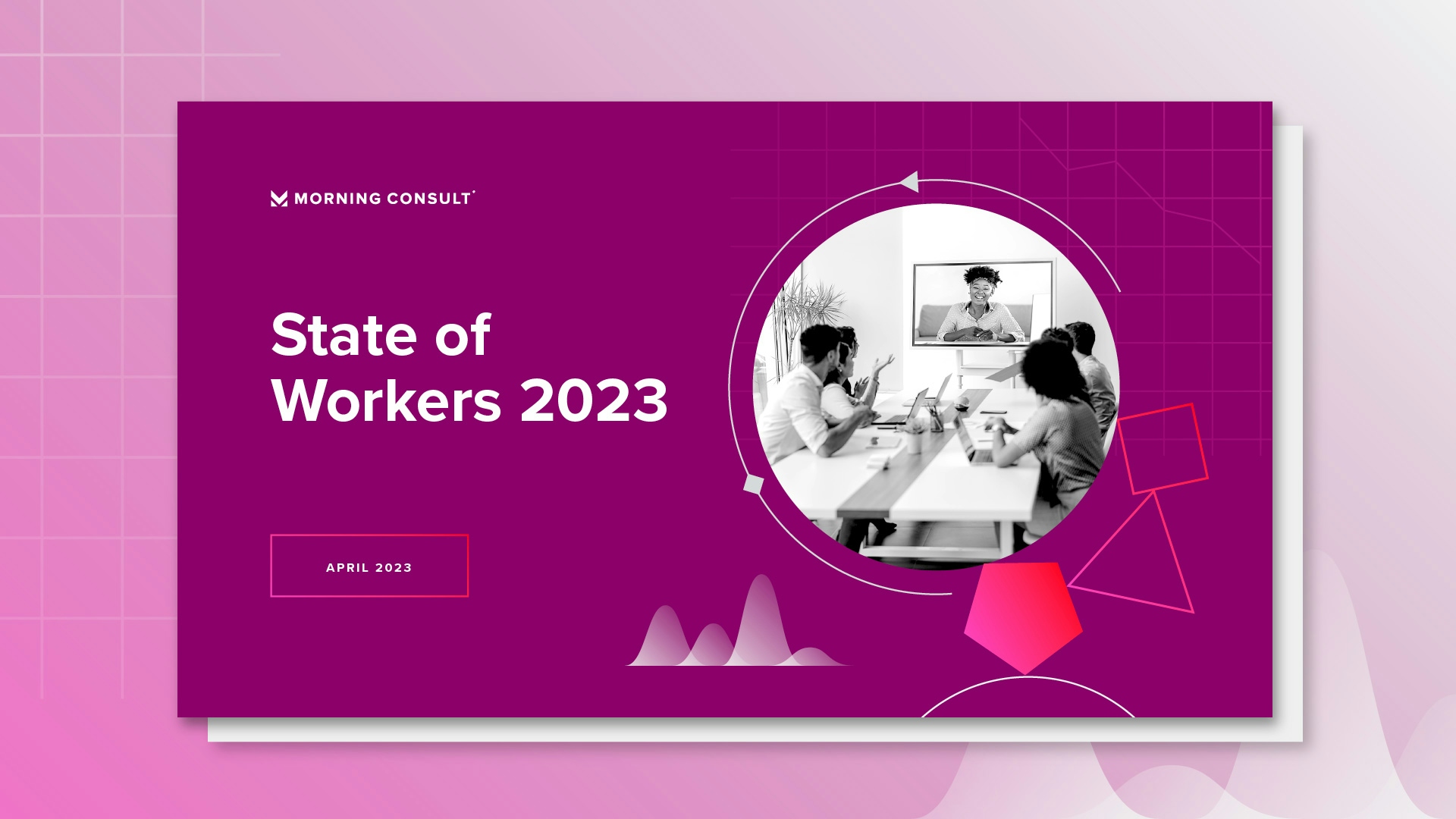
Global Politics
Geopolitical Competition & Infrastructure Investment in the Americas Report
Report summary
Robust demand for infrastructure investment in the Americas will pay geopolitical dividends for the U.S. and the E.U. and yield commercial opportunities for their multinationals. Latin Americans in some of the region’s largest markets have little confidence in China’s ability to deliver.
Key Takeaways
- Infrastructure is a top policy priority. Latin Americans rank improving infrastructure as a core priority, on par with generating growth and jobs, and often prioritize it above tackling economic and social inequalities.
- Demand for all types of infrastructure is strong. Roughly 2 in 3 Latin Americans think it is important to build and improve a wide range of infrastructure.
- The United States and the European Union are poised to gain the most geopolitically, China the least. The Partnership for Global Infrastructure and Investment and Global Gateway — the U.S. and E.U. flagship infrastructure funding initiatives, respectively — are poised to make greater inroads among the region’s larger markets than China’s Belt and Road.
- U.S. and E.U. multinationals stand to reap the most commercially and should play to their strengths. Latin Americans are also predisposed toward partnerships with U.S. companies, and to a lesser degree European ones, owing to perceived performance advantages relative to Chinese competitors.
- Public sector partners must do more to assuage debt concerns. Up to 64% of Latin Americans in each country surveyed think infrastructure loans will lead to unsustainable debt.
- Beyond the Americas, sentiment favors E.U.-led investment. Among several large global markets — Indonesia, South Africa, Spain, Turkey and the United Arab Emirates — respondents think the European Union will perform best at key aspects of infrastructure development, providing a potential boost to its multinationals. Only in India does the public prefer U.S.-led investment.
Methodology
Sampling and Data Collection
This report relies on data collected through Morning Consult’s proprietary survey research capabilities. Interviews are conducted online.
Data for Latin American countries comes from surveys conducted between May and June 2022, among representative samples of 1,000 adults per country, each with an unweighted margin of error of +/-3%.
Data for India, Indonesia, South Africa, Spain, Turkey and the United Arab Emirates comes from surveys conducted between February and July 2022, among representative samples of approximately 1,000 adults per country, each with an unweighted margin of error of +/-3%.
Weighting and Representativeness
Data is weighted to approximate representative samples of adults in each country surveyed.
Data for Argentina, Brazil, Colombia, Indonesia, Mexico, Spain, Turkey and the United Arab Emirates is weighted based on age, educational attainment, gender and region. Data for South Africa is weighted based on the above variables plus race. Data for India is weighted based on age, gender and region.
The target population for all countries is the adult (18+) internet-using population.
About the author
Jason I. McMann leads geopolitical risk analysis at Morning Consult. He leverages the company’s high-frequency survey data to advise clients on how to integrate geopolitical risk into their decision-making. Jason previously served as head of analytics at GeoQuant (now part of Fitch Solutions). He holds a Ph.D. from Princeton University’s Politics Department. Follow him on Twitter @jimcmann. Interested in connecting with Jason to discuss his analysis or for a media engagement or speaking opportunity? Email [email protected].



